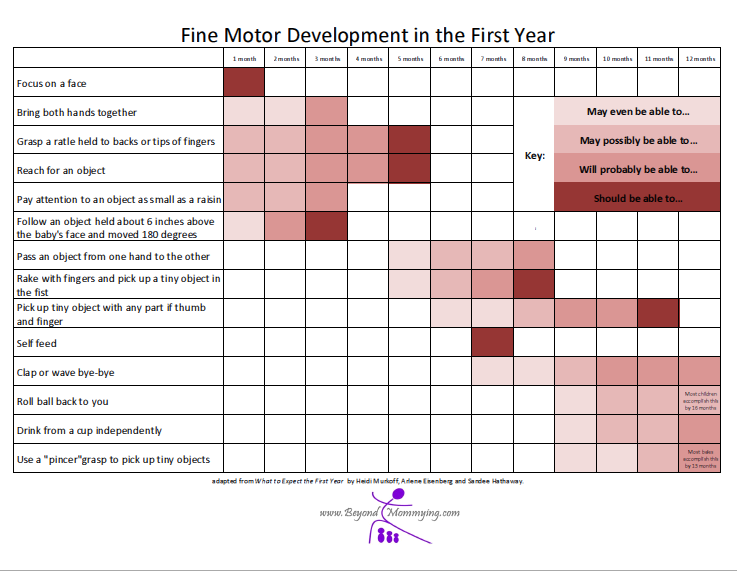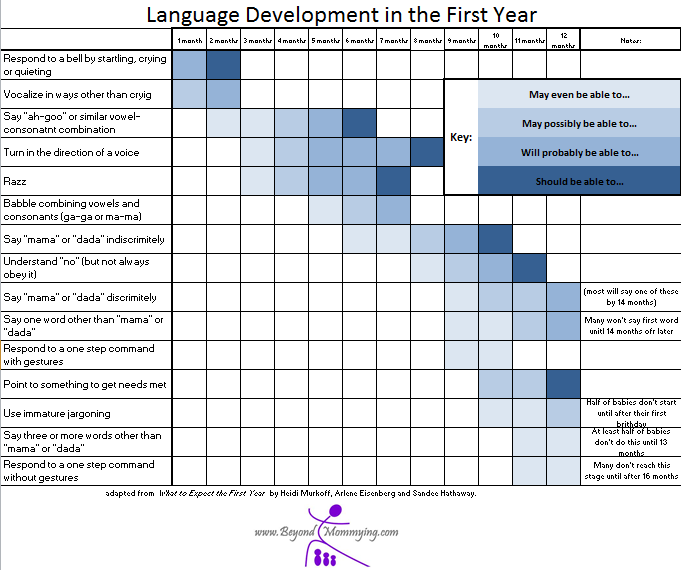There are so many developmental theories in the world that try to explain why children act the way they do. From Freud to Piaget and Vygotsky, many people (weirdly, mostly men) have researched children through the years and have tried to explain how we grow, develop and learn. But the theory that I find the most helpful in understanding why children are behaving the way they are is Erkison’s theory of “The Eight Ages of Man.” Keeping in mind his theory really helps me keep my sanity when dealing with temperamental children (whether my own or when teaching).
Each of Erikson’s ages focuses on the development of two converse feelings and how a person’s experiences can sway their behavior one way or the other. Here’s the basics of Erikson’s Eight Ages:
Basic Trust vs. Basic Mistrust (infancy)
Essentially babies learn to trust people (or conversely, mistrust) based on their early experiences. If they are well taken care of and have their needs lovingly met regularly, they should develop a sense of trust.
Autonomy vs. Shame and Doubt (toddlerhood)
In this stage children are becoming more independent and often want to do things on their own but they still want to feel loved and supported. Providing positive and loving support and guidance during this stage will help the child develop autonomy whereas not allowing them to explore their world and try new things on their own or not providing any guidance or boundaries at all can cause the child to develop shame or doubt.
Initiative vs. Guilt (pre-school years)
During this stage children are beginning to have their own thoughts and ideas about the world and expand on their inherent creativity. Again, if they are supported in their independence and encouraged to explore their ideas and try new things, they will develop initiative in self-guided learning and play. Conversely, if they are made to feel like their ideas are no good or they are incapable, they will develop guilt, feeling that their ideas or needs and wants are not important or stupid.
Industry vs. Inferiority (primary school years)
At this age children learn they can get positive attention from doing well. If properly encouraged and supported in their tasks, they will develop industry in which they will work hard and persist in tasks. But when children feel they are unable to meet the overly high expectations of adults, they will feel inferior and may stop trying, assuming their efforts wouldn’t be good enough anyways.
Identity vs. Role Confusion (adolescence)
We all know the teen years are trying times as children become adults and experience so many changes all at once. This is when people explore who they are and who they want to be. Most go through a period of role confusion where they aren’t sure where they fit into society and may try many different things to find their way to their own identity.
Intimacy vs. Isolation (younger adulthood)
This is the time when people begin making commitments to others and develop intimacy. When in loving relationships, they learn to make sacrifices and compromises that are required where as if they experience harmful relationships or cannot give up their own wants and desires for the sake of others, they may feel isolated.
There is also Generativity vs. Stagnation which applies to the middle aged years and Integrity vs. Despair which applies to the elderly years. I’ll let you explore those on your own if you’re interested.
So basically, according to Erikson, supporting and loving our children as they grown and allowing them supported independence rather than micromanaging their behavior is crucial to developing a healthy self-image and necessary in every stage of life. (Easier said than done some days!)








